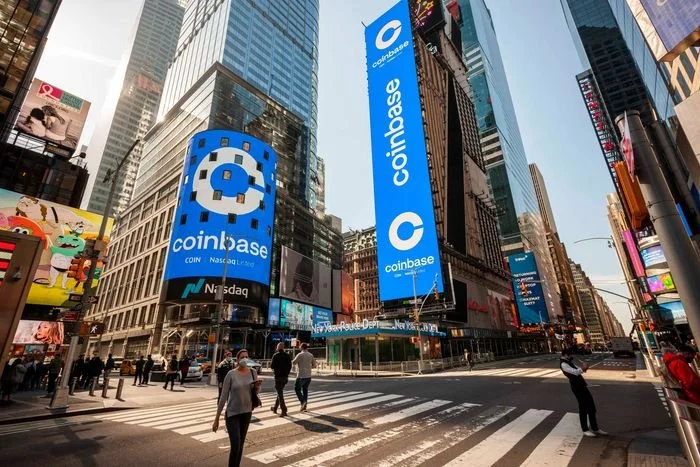A Short Q3 IPO MARKET UPDATE
In 2021, the IPO market was flooded with deals.
According to FactSet data, 1,733 companies IPO’d in 2021 in the U.S. alone, raising $317 billion.
However, the sharp drop in growth stock valuations and indices brought those deals down, and now, it is estimated that over 66% of the companies that went public in 2021 are trading below the IPO price.
While during Q2, investors started becoming wary of high-tech valuations, by Q3, they seemed to have put off investment in pre-IPO on the back burner altogether.
On the Exits side, things don’t look much better either. In the first half of 2022, there were just 92 IPOs, raising just under $9 billion. Most companies that had penciled a list down for this year have had to scrap their plans, including two significant private names, Klarna and Stripe.
Klarna is a Buy-Now-Pay-Later company whose valuation dropped from $45B to $6.7B. We don’t cover it because we are out of the credit market segment. We are perhaps too traditional, but we still call credit “banking,” in which we opportunistically invest when regulation risk is properly addressed by management: for instance, $SOFI has been one of our exits of 2021.
A falling knife we haven’t been able to avoid is Instacart, which had to cut its valuation by 70% this year and postponing IPO into at least 2023. Instacart has been one of our worst investments with the digital currency exchange Kraken.
WHAT SHOULD INVESTORS DO?
It is hard to imagine the marketing pivoting any time soon, as the recession the FED wanted to induce to rein inflation still develops and matures. Until then, IPOs will be far apart.
We recommend looking at regular, selective investments while waiting for a good name to open the way for the rest of the pipeline. One of them is an Accumulation Plan, a financial instrument that allows investors to take advantage of Dollar-Cost Averaging. This way, investors stop worrying about timing the market and start building wealth by buying more shares when prices are down.
Dollar-cost averaging can be especially powerful in recessions and bear markets. Committing to this strategy means that investors will be investing when the market or a share is down, and that’s when investors can potentially score the best deals.
Some good names to consider for accumulating wealth are Boxabl, Ripple, and Addepar. These plans are designed to help investors form regular investment habits while still offering flexibility for their savings.


